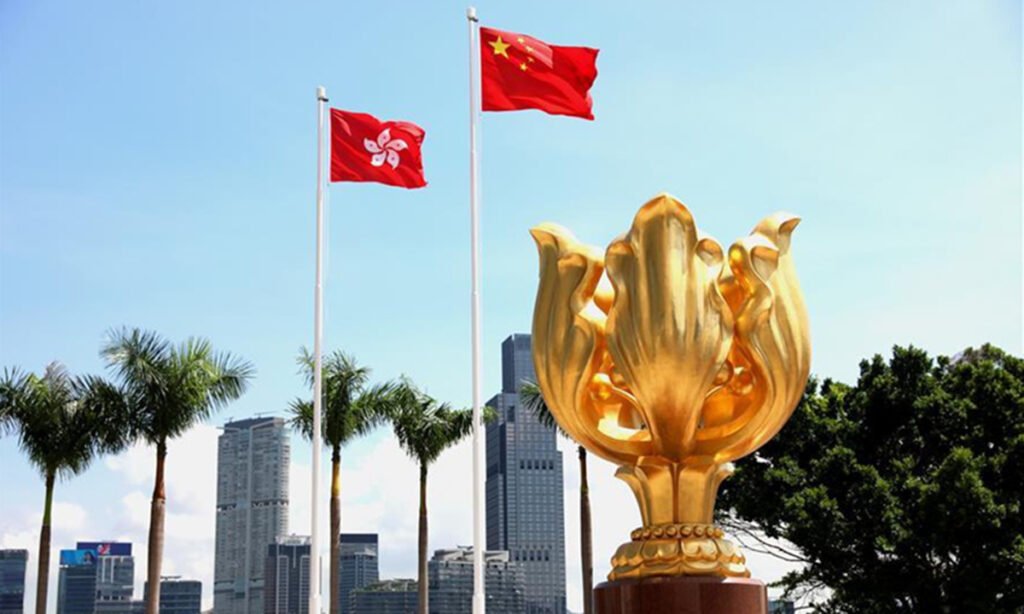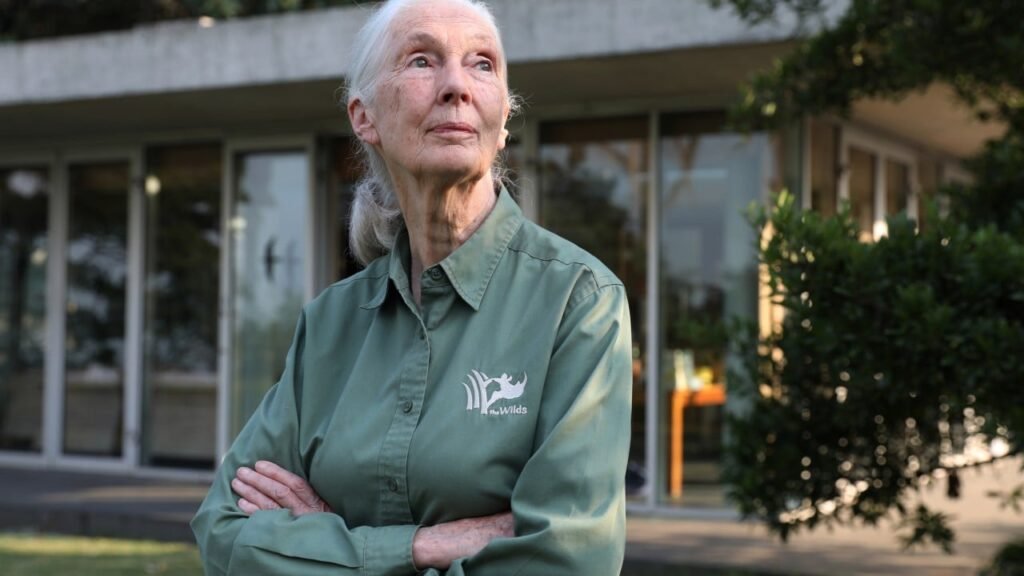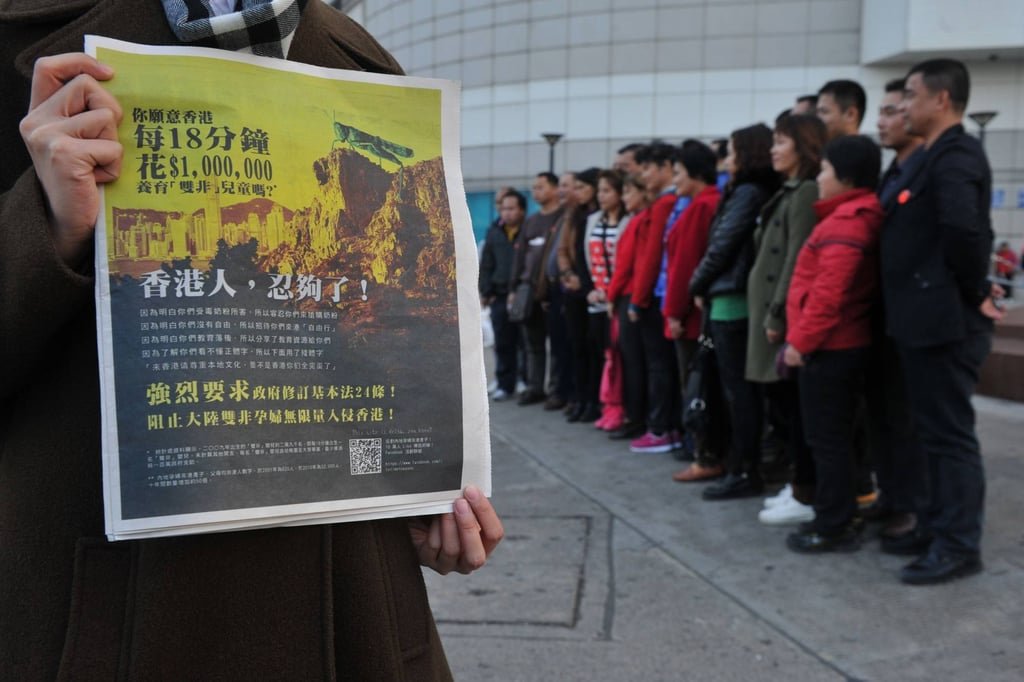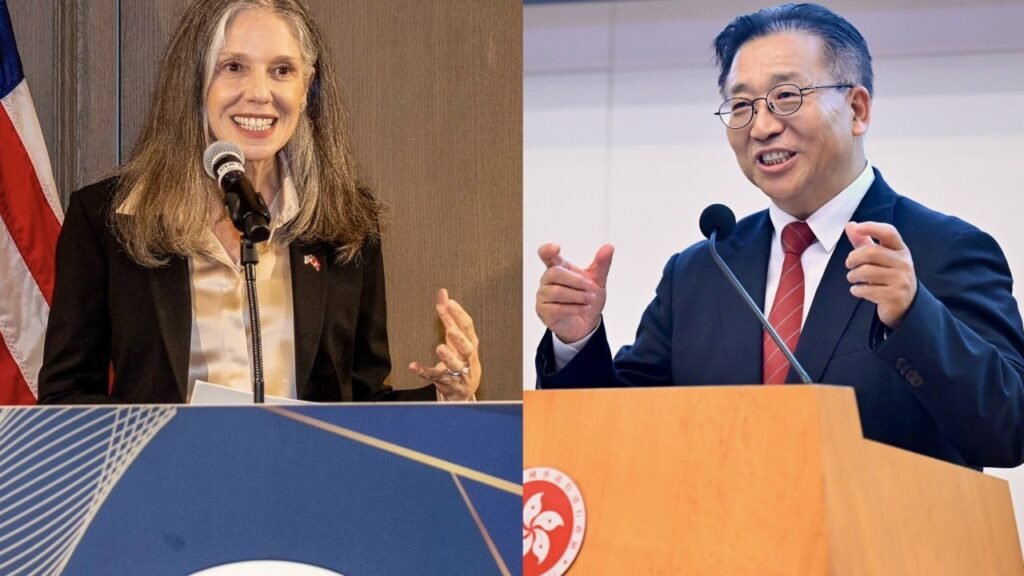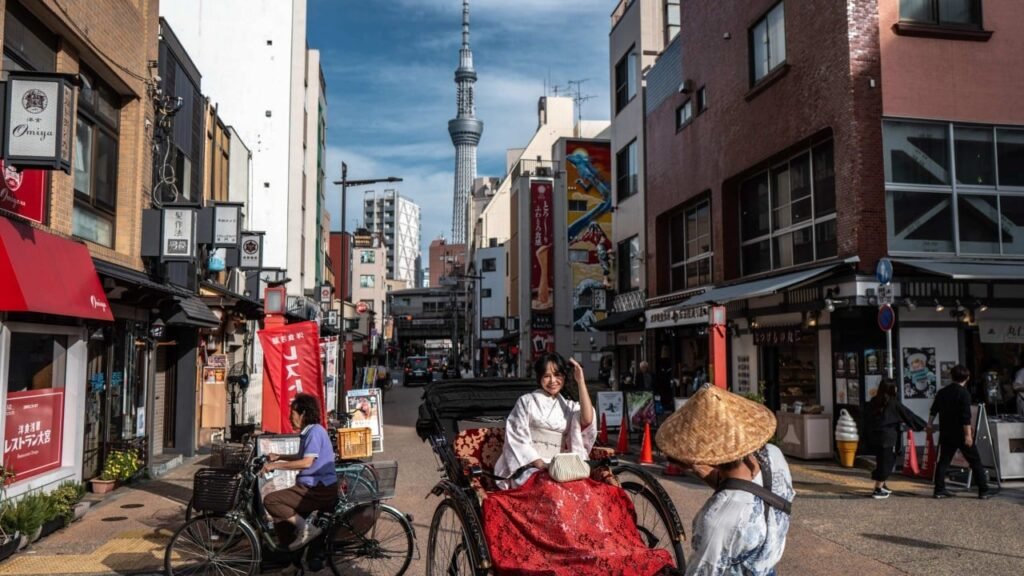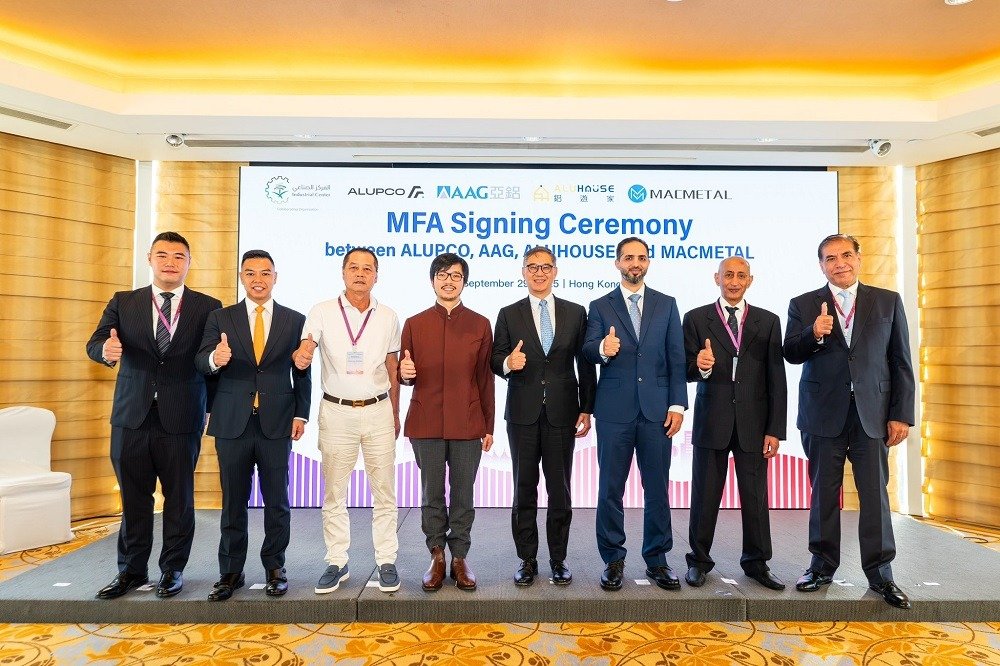Beijing’s top diplomat in Hong Kong has warned the city’s new U.S. Consul General not to interfere in the territory’s internal affairs, underscoring persistent tensions between China and Washington.
Cui Jianchun, commissioner of the Chinese Foreign Ministry’s office in Hong Kong, met Tuesday with Consul General Julie Eadeh to voice “serious concerns” about her conduct, his office said in a statement Thursday.
Why It Matters
Eadeh, who assumed her post in August, has drawn criticism from Beijing for reportedly inviting pro-democracy figures to events. Beijing’s office overseeing Hong Kong affairs has reposted articles from pro-Beijing media accusing her of meddling in the city’s politics.
The rebuke reflects the hard line Beijing continues to take on foreign involvement in Hong Kong, particularly since the 2020 enactment of a sweeping national security law that silenced much of the city’s pro-democracy movement. It also adds to broader strains between China and the United States over trade, technology and Taiwan.
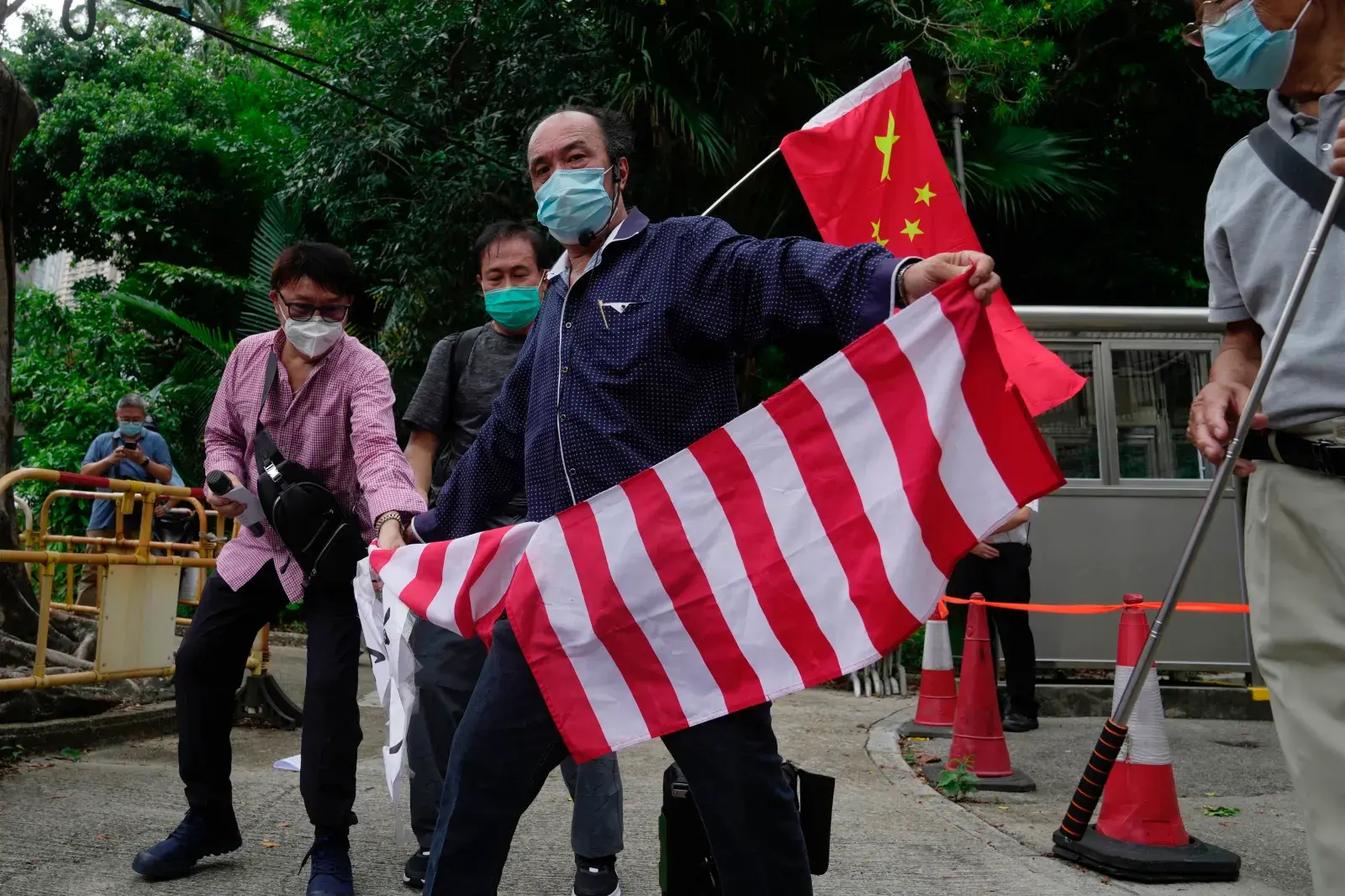
What to Know
During the meeting, Cui laid out what he called the “four don’ts” for Eadeh: not to meet with people she “shouldn’t meet,” not to collude with “anti-China forces,” not to support or finance activities that could undermine Hong Kong’s stability, and not to interfere in national security cases. He urged her to follow “fundamental norms of international relations, including non-interference in domestic affairs,” and to cut ties with groups Beijing considers hostile.
The U.S. consulate did not immediately respond to an Associated Press request for comment.
One article reposted last weekend by Beijing’s Hong Kong office described Eadeh as promoting a “color revolution,” a term Chinese authorities use for protest movements seen as backed by foreign powers. The article cited her meetings in 2019 with activists Joshua Wong and Nathan Law during the territory’s massive anti-government protests, alleging she had links to what Beijing calls “black violence.”
Another commentary criticized her for inviting former senior official Anson Chan and former Democratic Party chairwoman Emily Lau to consulate events. Chan, who once met U.S. officials in Washington, has largely withdrawn from public life since the security law was imposed.
Newsweek has reached out to the State Department via email on Thursday afternoon for comment.
What Happens Next
The latest warning sets the stage for heightened diplomatic friction as Eadeh settles into her new role. The dispute may resurface in upcoming high-level talks between U.S. and Chinese officials, where Hong Kong remains a sensitive flashpoint.
Updates: 10/2/25, 2 p.m. ET: This article was updated with new information.
This article includes reporting by the Associated Press.

